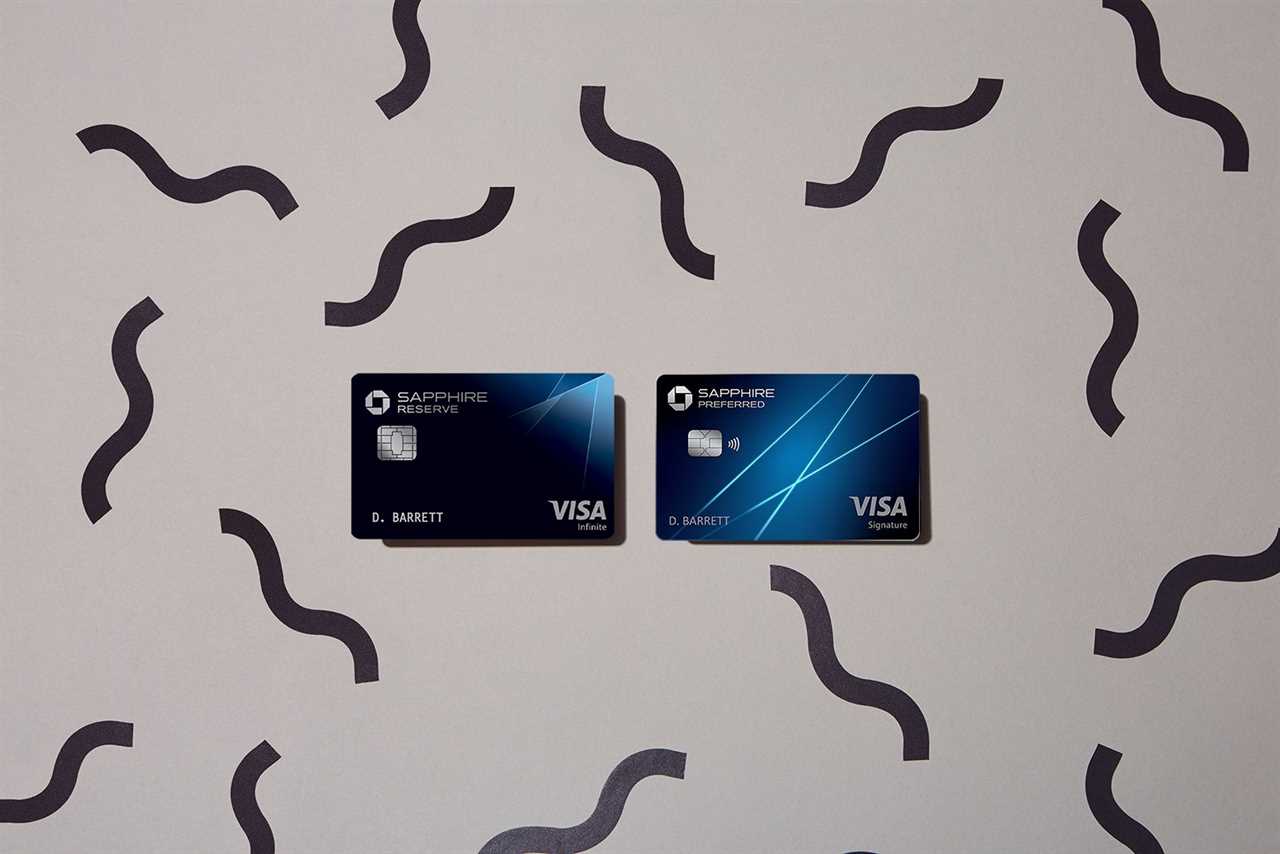HOSTED BY: 1 AIR TRAVEL
Editor’s note: This post has been updated with new information.
Travel insurance is a great perk that comes with a number of travel rewards credit cards. If you’re traveling and something goes wrong — like lost luggage, a trip delay or an unplanned medical emergency — there’s a chance your credit card’s travel protection could save you a lot of money.
(For a list of several credit cards that offer travel protections and a comparison of the types of benefits provided, check out this helpful guide.)
Although some level of travel insurance can be a valuable credit card benefit, it’s also important to realize that it won’t cover every scenario. Like any insurance coverage, there are times when the travel insurance that comes with your credit card might not protect you.
Every policy is different, and you’ll need to check with your card issuer to confirm specific policy details and limitations. Typically, you can find a full guide to your card’s benefits and exclusions online.
New to The Points Guy? Sign up for our daily newsletter and check out our beginner’s guide.
In This Post
Eight times your credit card’s travel insurance might not cover you

(Photo by Increativemedia/Getty Images)
Below you’ll find eight scenarios where your credit card’s travel insurance probably won’t be helpful.
Paying with the wrong credit card
Some card issuers require you to pay for travel-related expenses (or, at least, a portion of them) with their specific card to be covered if something goes wrong. But if you use multiple cards to pay for your travel purchases, perhaps in a quest to score the most rewards possible, you might find yourself only partially protected.
Here’s an example. Let’s say you pay for your flights and hotel room with your Chase Ink Business Preferred Credit Card, but you use something else to pay for the excursions on your trip. In this scenario, the excursions might not be covered if your travel plans are unexpectedly cut short because a hurricane rolls into town. However, if the second card you used also offers travel insurance, you might simply need to make multiple claims.
Preexisting medical conditions
If you need to cancel your trip due to a preexisting medical condition, you may have a hard time getting reimbursement with your card’s trip cancellation coverage. The same rule of thumb may apply if you need an emergency medical evacuation during your trip.
Depending on the card issuer’s travel insurance policy, there is a potential workaround here. In a situation where you didn’t know about the medical condition in advance, you might be able to make a convincing case when you file a claim.
Traveling for medical treatment
Are you planning a trip to a destination with the intention of visiting a doctor or medical facility? If so, that action hits pretty close to the definition of traveling with a preexisting condition.
When the purpose of your trip is to seek medical treatment, there’s a good chance your credit card’s insurance policy won’t cover you if a problem comes up. Instead, you might need to consider a stand-alone travel insurance policy with a waiver for preexisting conditions if you want coverage for this type of scenario.
Length of the trip doesn’t qualify for coverage
The travel insurance policy offered through your credit card may only apply to trips of a certain length. You could run into coverage issues here if your trip is either too long or too short.
For example, with the Chase Sapphire Reserve, if you’re traveling for fewer than five days or more than 60 days, you won’t be covered. With The Business Platinum Card® from American Express, travel that exceeds 356 days away from your city of residence is ineligible for trip cancellation and interruption claims.
Traveling in a war zone
Taking a trip to an area that’s deemed to be a war zone (either declared or undeclared) can be troubling for several reasons, but suppose your flights are canceled or you run into other travel-related issues due to military or war-like situations. In that case, related expenses are often ineligible for travel insurance coverage through a credit card provider.
Whether war breaks out before or after you arrive at your destination, your card’s travel insurance benefits likely won’t cover you. If you’re traveling to an unstable location or one that has a history of unrest, you may want to consider purchasing supplemental travel insurance for added peace of mind.
Not traveling far enough
Are your travels keeping you close to home? Your credit card’s travel insurance policy might not kick in.
You’ll need to travel at least 100 miles from home, for example, if you plan to file a claim for benefits through your Chase Sapphire Reserve card. By comparison, travel protections with the Hilton Honors American Express Aspire Card don’t have these restrictions.
The information for the Hilton Aspire Amex card has been collected independently by The Points Guy. The card details on this page have not been reviewed or provided by the card issuer.
Recently filed claim
Some credit card travel insurance policies have an upper limit of how much money you can claim for reimbursement per 12-month period. So, if you’ve already filed a large claim in the last 12 months, you might not be eligible to get paid for another.
It’s worth noting that The Platinum Card® from American Express offers many of its benefits per trip, so you may not have to worry as much about this particular limit if you’re a cardholder.
You test positive for COVID-19
COVID-19 is a non-eligible sickness to qualify for coverage with certain credit card travel insurance policies. Whether you have to cancel a trip, change your travel dates or quarantine due to a positive COVID-19 test result, you might be stuck paying those expenses on your own.
ll protection isn’t created equal
(Photo by John Gribben for The Points Guy)
The travel insurance provided by different credit card issuers comes with different types of coverage. Take the Chase Sapphire Reserve and the Chase Sapphire Preferred Card as examples. Both cards offer insurance coverage for trip cancellation and trip interruption. The Amex Platinum only provides this benefit on round-trip travel purchased entirely with an eligible card.
The Amex Platinum, the Sapphire Reserve and the United Club Infinite Card all offer their cardholders emergency medical evacuation insurance up to $100,000. The Marriott Bonvoy Brilliant™ American Express® Card and the Sapphire Preferred do not include this benefit.
Here’s another helpful guide that shows how seven popular premium cards stack up against each other, including the travel insurance perks and additional coverage they offer.
Should you get more coverage?

(Photo by Yelizaveta Tomashevska/Getty Images)
No one likes to think about what could go wrong when you travel away from home. Unfortunately, sometimes problems and even disasters happen while people are traveling. If you have the right travel rewards credit cards (and you understand how their travel insurance benefits work), you can enjoy some peace of mind.
You could also consider adding third-party travel insurance if you want to beef up your coverage. Sometimes independent travel insurance may cover you when your credit card’s travel insurance policy does not.
Additional travel insurance comes at a cost. The investment makes sense in some situations; other times, it does not. If you’re considering a separate travel insurance policy, it’s a good idea to compare costs, benefits and coverage limitations in advance.
Bottom line
Whether you choose to pay for additional third-party travel insurance or not, it’s helpful to learn about the travel protections the credit cards sitting in your wallet may offer you. Just remember to learn about the rules and limitations of your card’s travel insurance benefits. Otherwise, you might be in for a surprise if you ever need to use them.
Featured photo by Al Seib/Los Angeles Times/Getty Images.
Title: 8 times your credit card’s travel insurance might not cover you
Sourced From: thepointsguy.com/news/7-times-credit-cards-travel-insurance-might-not-cover-you/
Published Date: Sun, 26 Dec 2021 18:59:57 +0000






